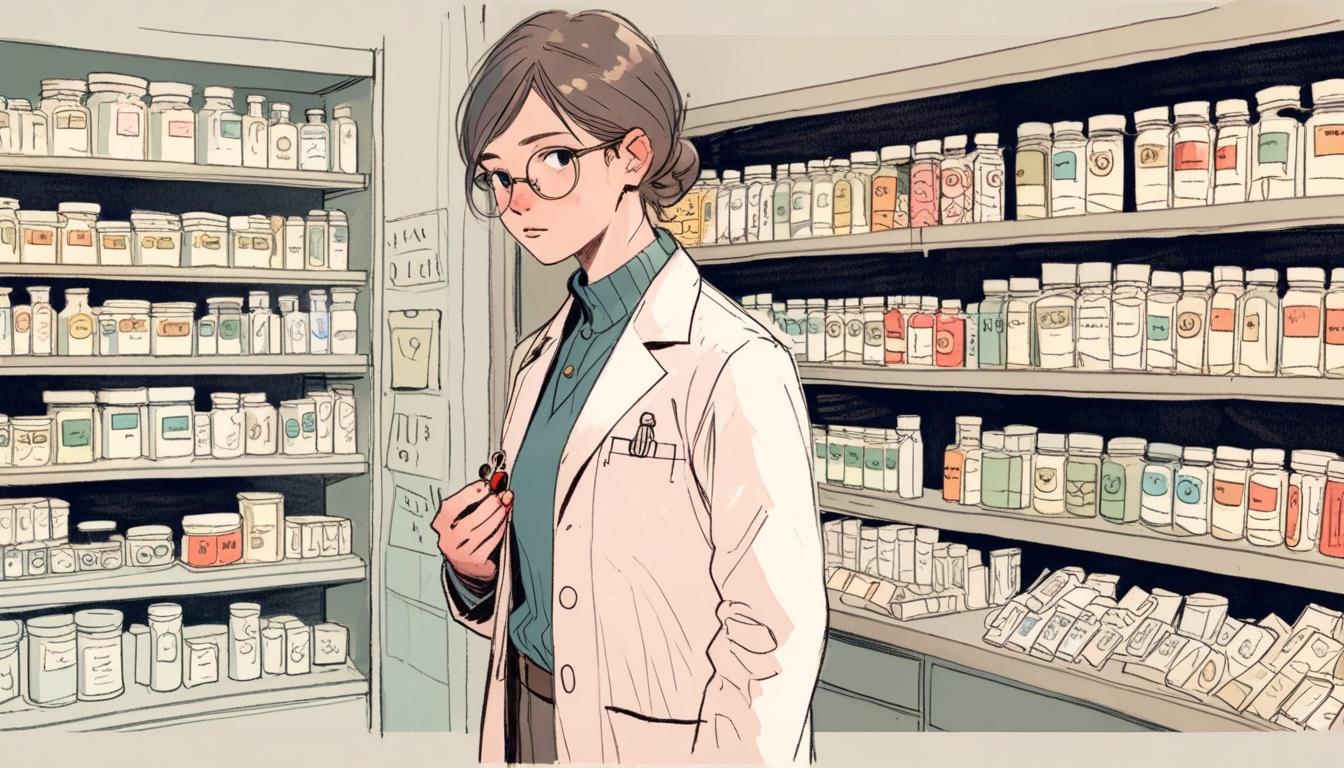Pharmacists across England are increasingly confronted with inappropriate demands for antibiotics, posing significant public health concerns linked to antimicrobial resistance (AMR), according to a recent report from the National Pharmacy Association (NPA). This professional body, which represents approximately 6,000 independent community pharmacies, highlights a troubling trend where patients often seek these medications for minor ailments, such as coughs and colds, despite their inefficacy in these cases.
The NPA's survey reveals that 79% of pharmacists are required to refuse at least one request for antibiotics from patients each day. This is further compounded by issues such as patients returning partially used courses of antibiotics; a quarter of pharmacists reported this phenomenon. Additionally, 37% acknowledged that they were aware of individuals stockpiling antibiotics for future use, often posting these half-used medications on local social media platforms.
Pharmacists reported encountering numerous cases of patients requesting antibiotics before going on holiday, anticipating potential illness during their travels. Furthermore, some individuals return to the UK with large quantities of antibiotics acquired abroad, often for conditions not treatable by these medications in the UK.
Olivier Picard, chair of the NPA, expressed concern over the survey findings, stating, “These are concerning findings and show there are widespread misconceptions about the role that antibiotics can play among some patients.” He emphasised that while antibiotics are suitable for certain conditions, they are ineffective against viral infections, such as coughs and sore throats, which risks jeopardising patient safety for more serious illnesses.
Diane Ashiru-Oredope, the lead pharmacist for antimicrobial resistance at the UK Health Security Agency (UKHSA), underscored the importance of addressing public misconceptions regarding antibiotic use. She stated, “Antibiotic resistance is impacting people every day in this country. Not being able to effectively prevent and treat infections is one of the biggest threats to our health.” Ashiru-Oredope highlighted that public cooperation is essential in ensuring the continued effectiveness of antibiotics, advocating for practices such as only taking these medications when prescribed and not retaining unused antibiotics for future use, which should instead be returned to pharmacies.
The Department of Health and Social Care also acknowledged the severity of AMR, stating that it represents “one of the most significant threats to public health, with potentially devastating consequences if we don’t act now.” A spokesperson added that pharmacists and other healthcare professionals play an essential role in ensuring antibiotics are dispensed only when clinically warranted, thanking them for their vigilance in this matter.
The increasing demand for antibiotics, despite their limited efficacy against many common illnesses, not only highlights a gap in public understanding but also poses a challenge to healthcare professionals striving to combat the growing issue of antimicrobial resistance.
Source: Noah Wire Services
